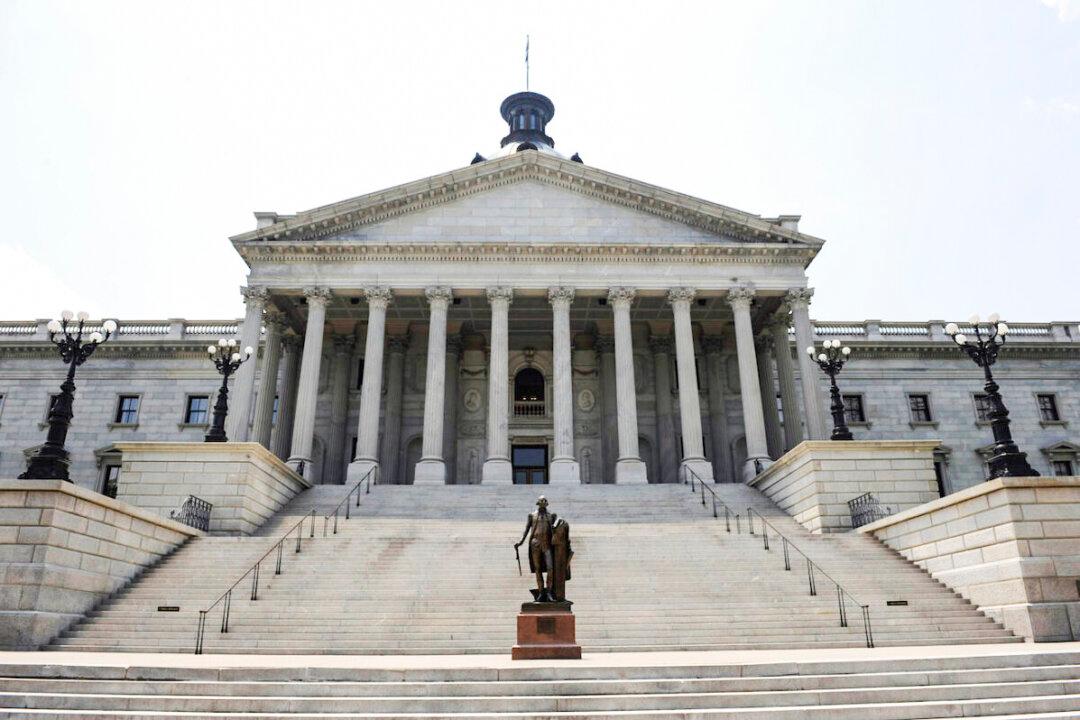An influx of people moving down South has prompted South Carolina lawmakers to debate whether newcomers should pay a $500 “Yankee tax” before they can take advantage of the state’s infrastructure.
Under a bill proposed by Republican state Sen. Stephen Goldfinch, incoming South Carolina residents must pay two one-time fees: $250 to obtain a driver’s license and $250 to register a car. The payment is dubbed the Yankee tax because it is expected to mostly affect those moving from Northern states.





